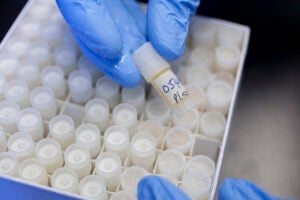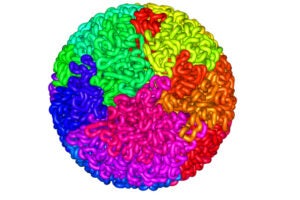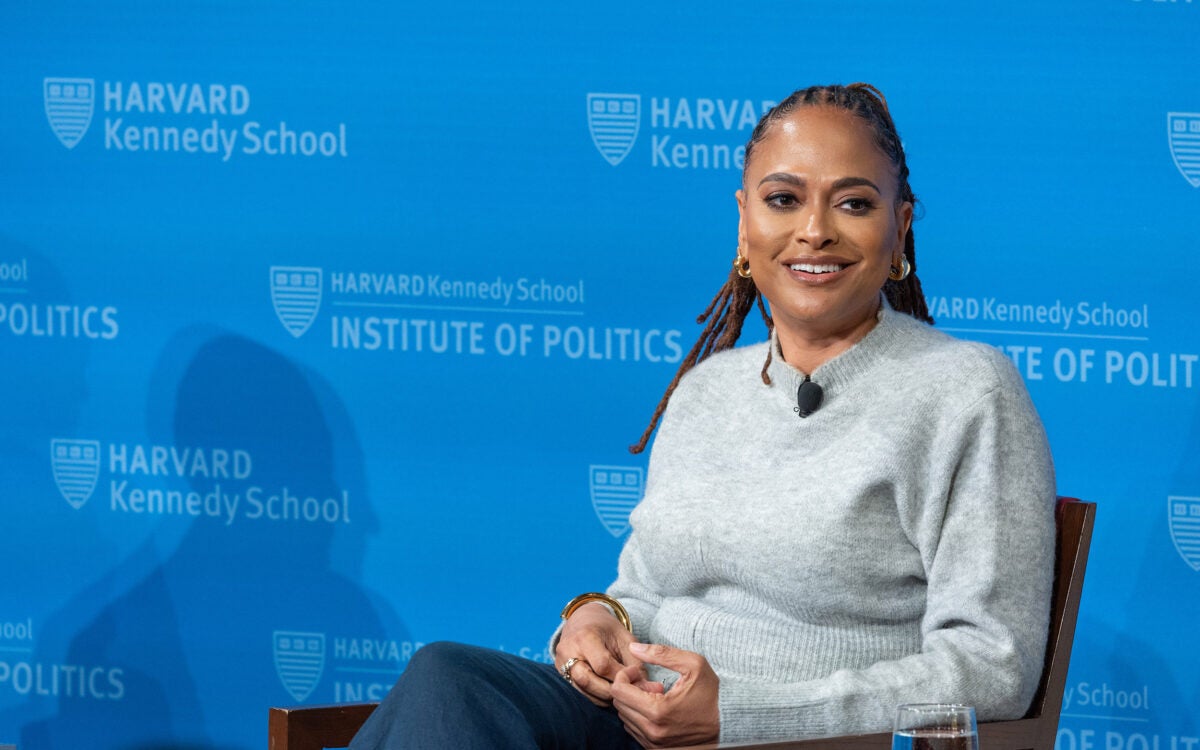Tag: genome sequencing
-
Nation & World
Sequencing Ebola’s secrets
A global team from Harvard University, the Broad Institute, the U.S. Centers for Disease Control, and other institutions sequenced more than 200 additional Ebola samples to capture the fullest picture yet of how the virus is transmitted and changes over a long-term outbreak.

-
Nation & World
New parents weigh in on genomic testing
A study by Harvard researchers is the first to explore new parents’ attitudes toward genomic testing on newborns. The findings suggest that if such testing becomes available, there would be an interest among new parents, regardless of their demographic background.

-
Nation & World
Ebola genomes sequenced
A team of researchers from the Broad Institute, Harvard University, and elsewhere has sequenced and analyzed dozens of Ebola virus genomes in the present outbreak. Their findings could have important implications for rapid field diagnostic tests.

-
Nation & World
Mapping a genetic world beyond genes
Most of the DNA alterations that are tied to disease do not alter protein-coding genes, but rather the “switches” that control them. Characterizing these switches is one of many goals of the Encyclopedia of DNA Elements (ENCODE) project.

-
Nation & World
Vivid details
A landmark effort to sequence the genome of the butterfly Heliconius melpomene has revealed that it shares genes that control color patterns with two species that closely mimic its appearance — Heliconius timareta and Heliconius elevatus — suggesting that all three exchange genes as a result of occasional hybridization.

-
Nation & World
A new view of DNA
A new imaging technique, developed by Erez Lieberman-Aiden, a Junior Fellow of the Society of Fellows, is giving scientists their first three-dimensional view of the human genome, one that is already shedding new light on a number of what Liberman-Aiden calls the “central mysteries of biology.”



